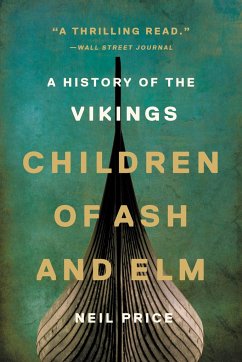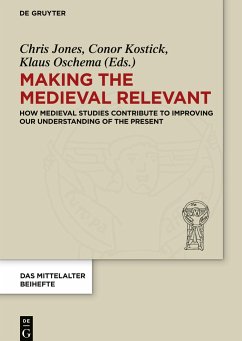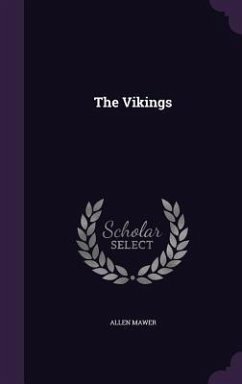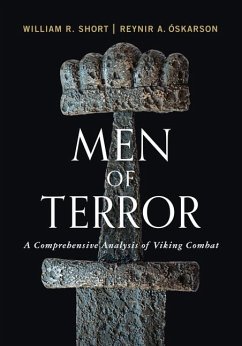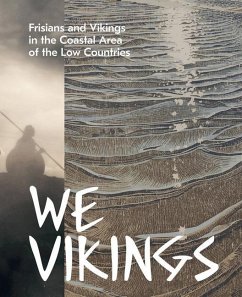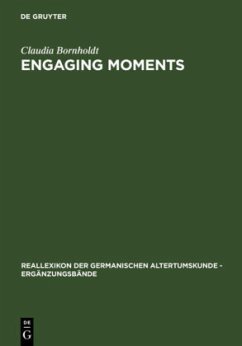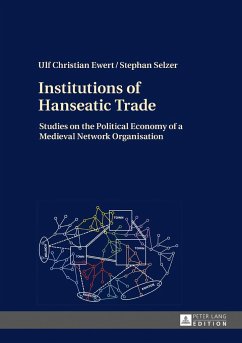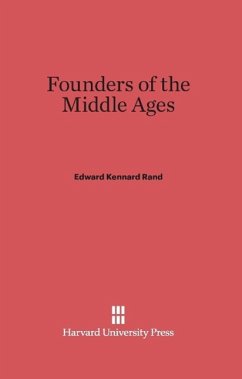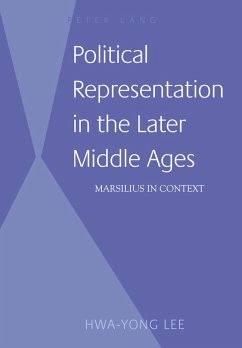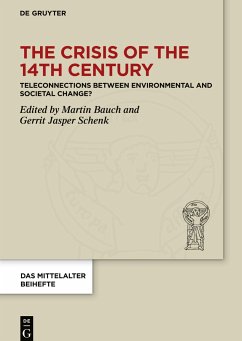Nicht lieferbar
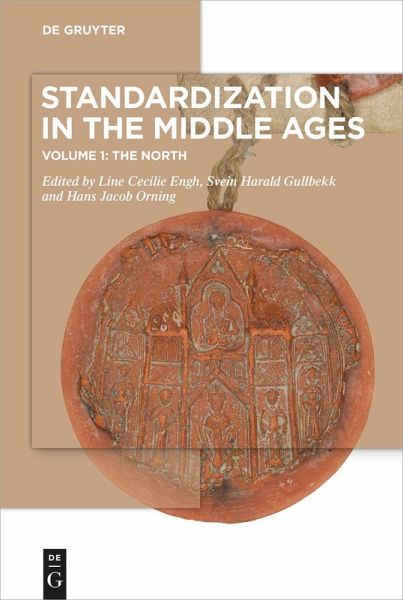
Standardization in the Middle Ages
Volume 1: The North
Herausgegeben: Engh, Line Cecilie; Gullbekk, Svein Harald; Orning, Hans Jacob
Versandkostenfrei!
Nicht lieferbar
We live in a world riven through with standards. To understand more of their deep, rich past is to understand ourselves better.The two volumes, Standardization in the Middle Ages. Volume 1: The North and Standardization in the Middle Ages. Volume 2: Europe, turn to the Middle Ages to give a deeper understanding of the medieval ideas and practices that produced-and were produced by-standards and standardization. At first glance, the Middle Ages might appear an unlikely place to look for standardization. The editors argue that, on the contrary, generating predictability is a precondition for mea...
We live in a world riven through with standards. To understand more of their deep, rich past is to understand ourselves better.
The two volumes, Standardization in the Middle Ages. Volume 1: The North and Standardization in the Middle Ages. Volume 2: Europe, turn to the Middle Ages to give a deeper understanding of the medieval ideas and practices that produced-and were produced by-standards and standardization. At first glance, the Middle Ages might appear an unlikely place to look for standardization. The editors argue that, on the contrary, generating predictability is a precondition for meaningful cultural interaction in any historical period and that we may look to the Middle Ages to learn more about the historical, social, and cognitive processes of standardization.
This multidisciplinary venture, which includes medievalists from the fields of history, intellectual history, art history, philology, numismatics, and more, as well as scholars of cognitive science, informatics, and anthropology, interrogates how medieval people and groups envisioned and enforced predictability, uniformity, and order, and how they attempted to obtain and maintain standards across vast distances and heterogeneous social and cultural structures.
The two volumes, Standardization in the Middle Ages. Volume 1: The North and Standardization in the Middle Ages. Volume 2: Europe, turn to the Middle Ages to give a deeper understanding of the medieval ideas and practices that produced-and were produced by-standards and standardization. At first glance, the Middle Ages might appear an unlikely place to look for standardization. The editors argue that, on the contrary, generating predictability is a precondition for meaningful cultural interaction in any historical period and that we may look to the Middle Ages to learn more about the historical, social, and cognitive processes of standardization.
This multidisciplinary venture, which includes medievalists from the fields of history, intellectual history, art history, philology, numismatics, and more, as well as scholars of cognitive science, informatics, and anthropology, interrogates how medieval people and groups envisioned and enforced predictability, uniformity, and order, and how they attempted to obtain and maintain standards across vast distances and heterogeneous social and cultural structures.




